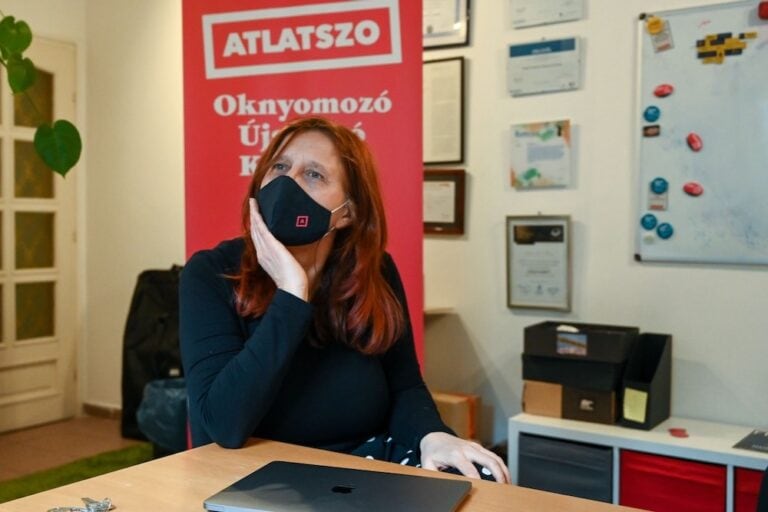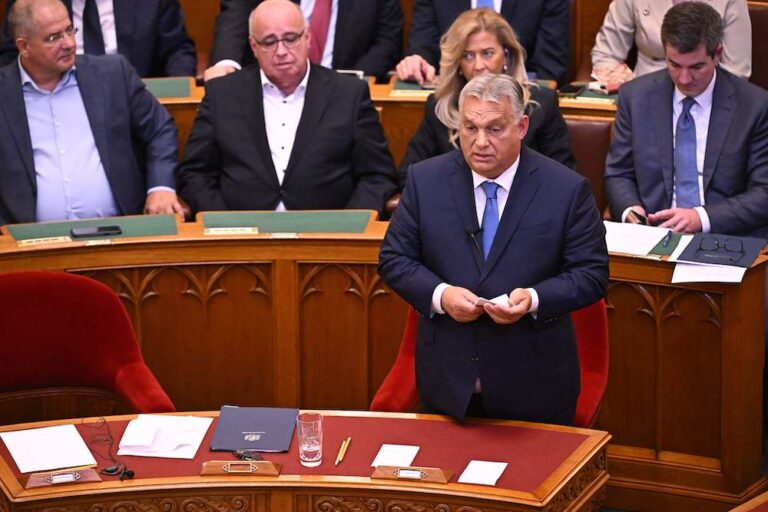The European policymakers and media leaders want the media law to be in line with international standards of press freedom and the European Charter of Fundamental Rights.
(IFJ/IFEX) – 18 February 2011 – The European Federation of Journalists (EFJ), the regional body of the International Federation of Journalists (IFJ), today called for Hungary to apply “radical surgery” to its controversial media law in response to demands from European policymakers and media leaders to bring its policies into line with international standards of press freedom and the European Charter of Fundamental Rights.
“We need radical surgery to completely alter this law and get Hungary back on track with European standards,” said EFJ President Arne König. He welcomed promises from Hungary to respond to demands from the European Commission to amend the Hungarian media law, but he warned that a compromise hammered out yesterday fails to address the core issue, namely the lack of respect for the Charter of Fundamental Rights. “We need more than cosmetic changes and political compromise. There must be strong and determined action to reinvigorate independent journalism in Hungary,” he said.
One suggestion by the EFJ is for Hungary to include clear references to the Charter of Fundamental Rights in the law itself. This goes further than the response on 16 February of the Hungarian government when it announced amendments to the law on four problem areas identified by the European Commission. These covered demands for “balanced” media coverage, respect for the European standard on legal action according to country of origin, a demand that all media should be registered and a wide-open provision for legal action for “causing offence”.
Although the European Commission said it was satisfied with these changes, the EFJ and journalists in Hungary believe these amendments may be just of a technical nature and will not address the core problems caused by the law. In particular they point out the changes proposed by the Hungarian authorities do not question the creation of a politicised and potentially repressive Media Authority and of the Media Council to exercise control over media in all sectors.
Plans for a resolution on the crisis to be heard by the European Parliament were postponed. “We hope that MEPs will follow this closely and will adopt a resolution that stands up for press freedom next month,” said König. “Europe needs a free press and we cannot compromise on the principles of European democracy.”


